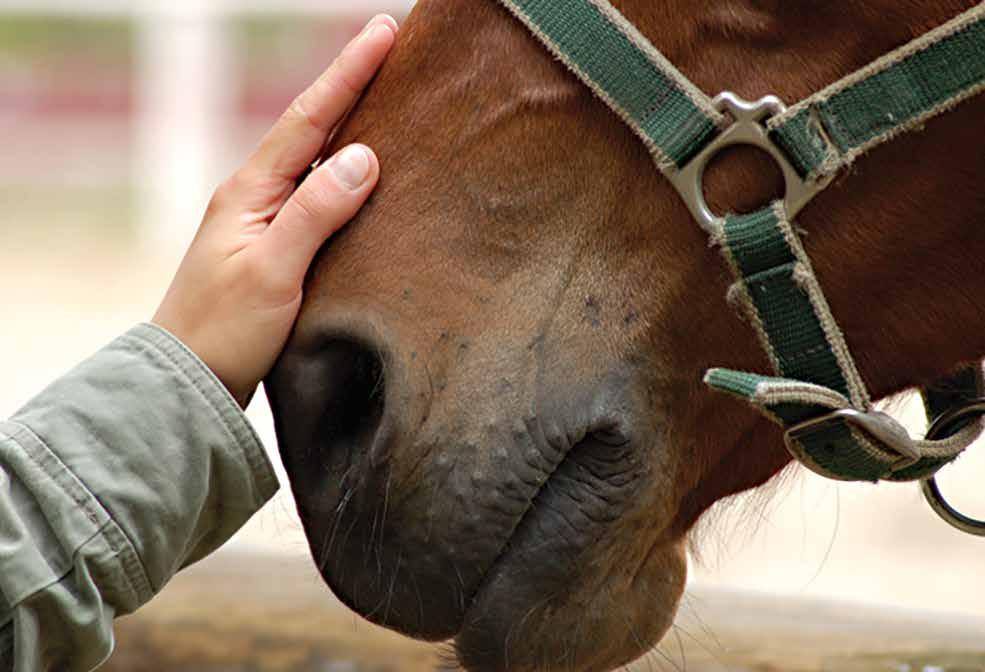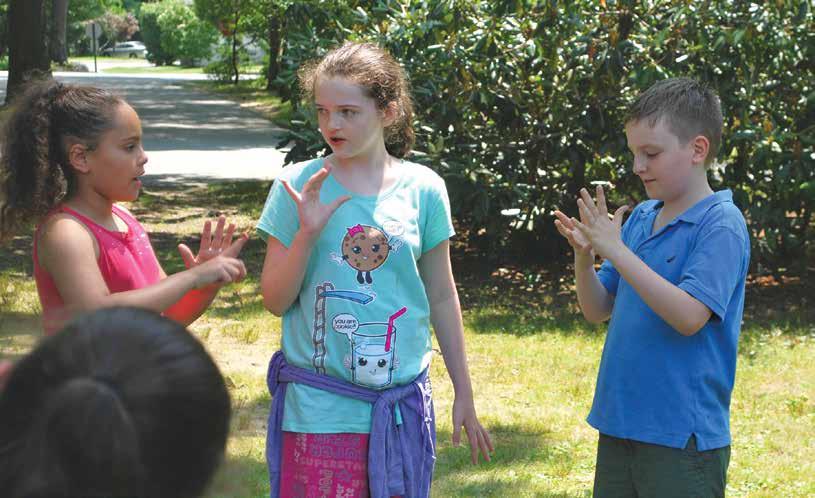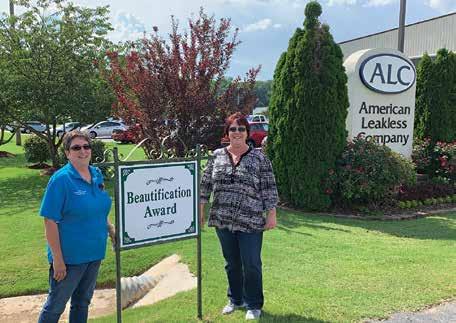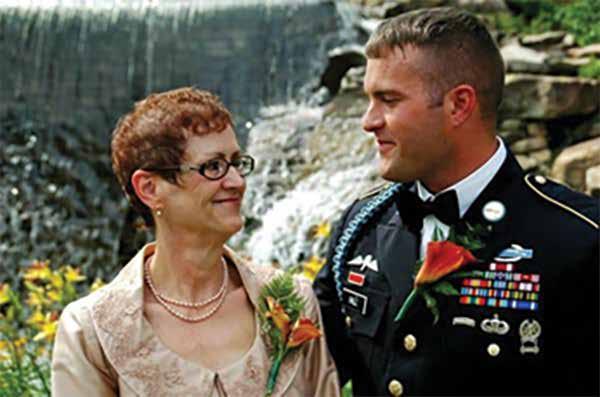
3 minute read
Mental Health Minute
The Ties Of Codependence
by Lisa Philippart, Licensed Professional Counselor
Advertisement
- Nina Simone
I have been seeing a pattern recently in the issues being presented in my pri vate practice. And I’m not sure whether it is causal or just related to the effects of the pandemic. This phe nomenon is called codependency, and I thought it might be helpful to share some information with you on this topic. The term gets thrown around without much explanation or clari fication. First a little background: Codependency is a learned behavior that can be passed down from one generation to another. It is an emotional and be havioral condition that affects your ability to have a healthy, mutually satis fying relationship. Codependency is also known as relationship addiction, because those in a code pendent relationship often form or maintain that relationship in a one-sid ed, emotionally destructive and/or abusive way. Codependent behavior is learned by watching and imitating family members or partners who display this type of behavior. Let’s take a look at the dys functional family and how that might lead to code pendency. A dysfunctional family is one whose mem bers suffer from fear, anger, pain, shame, or guilt that is ignored or denied. Of ten these families struggle with addictions, physical or emotional abuse, and/ or someone suffering from a chronic mental or physi cal illness. These families do not acknowledge that problems exist. They don’t talk about them or con front them. This causes family members to learn to repress emotions and disregard their own needs. They describe themselves as survivors and develop behaviors that help them to deny, ignore, or avoid dif ficult emotions. They will detach by not talking, not touching, not confronting, not feeling, and not trust ing. The co-dependent person will typically sacrifice his or her own needs to care for others in the fam ily who are ill or addicted. When this happens the codependent person will lose contact with his or her own needs, desires, and sense of self. Codependents have low self-esteem and look for anything outside of themselves to make them feel better. They end up finding it hard to “be” themselves. They have good inten tions (usually) by taking care of the family mem ber who is struggling, but the caretaking becomes compulsive and defeating. The codependent person often takes on a martyr’s role. For example, the wife may cover for an al coholic husband, a mother may make excuses for a defiant child, or a father may “pull some strings” to keep a child from being punished. These repeated rescue attempts allow the cared-for individual to continue either on a de structive path or to become even more dependent on the unhealthy caretaker. As the reliance increases, the co-dependent develops a sense of satisfaction from being “needed.” Taken to the extreme, when the caretaking becomes com
pulsive, the codependent feels trapped in the rela tionship, unable to break away from the cycle of be havior that causes it.
Here are some charac teristics of codependent people:
Exaggerated sense of re sponsibility for the actions of others A tendency to confuse love and pity (loving someone they feel sorry for then res cue) Doing more than their share all the time Unhealthy dependence on relationships (doing any thing to stay in that relationship to avoid feeling abandoned) Extreme need for approval and recognition A compelling desire to control others Difficulty identifying feel ings Problems with intimacy/ boundaries Lack of trust in self or oth ers
Here are some questions to help identify signs of codependency:
Do you keep quiet to avoid arguments? Are the opinions of others more important than your own? Do you doubt your ability to be who you want to be? Are you uncomfortable ex pressing your true feelings to others? Do you feel like a bad per son when you make a mistake? Do you think family/ friends would be unable to survive without your constant efforts? Are you confused about who you are or where you are going with your life? Do you have trouble asking for help? Do you have difficulty talk ing to people in authority? Do you have so many things going at once that you can’t do justice to any of them? If you identify with several of the above characteristics or are dissatisfied with yourself or your relationships, stay tuned for my next article on how to treat codependency.
Lisa Philippart is a Li censed Professional Counselor, who divides her time between her own private practice in Huntsville and providing personal counseling services at Athens State University.










